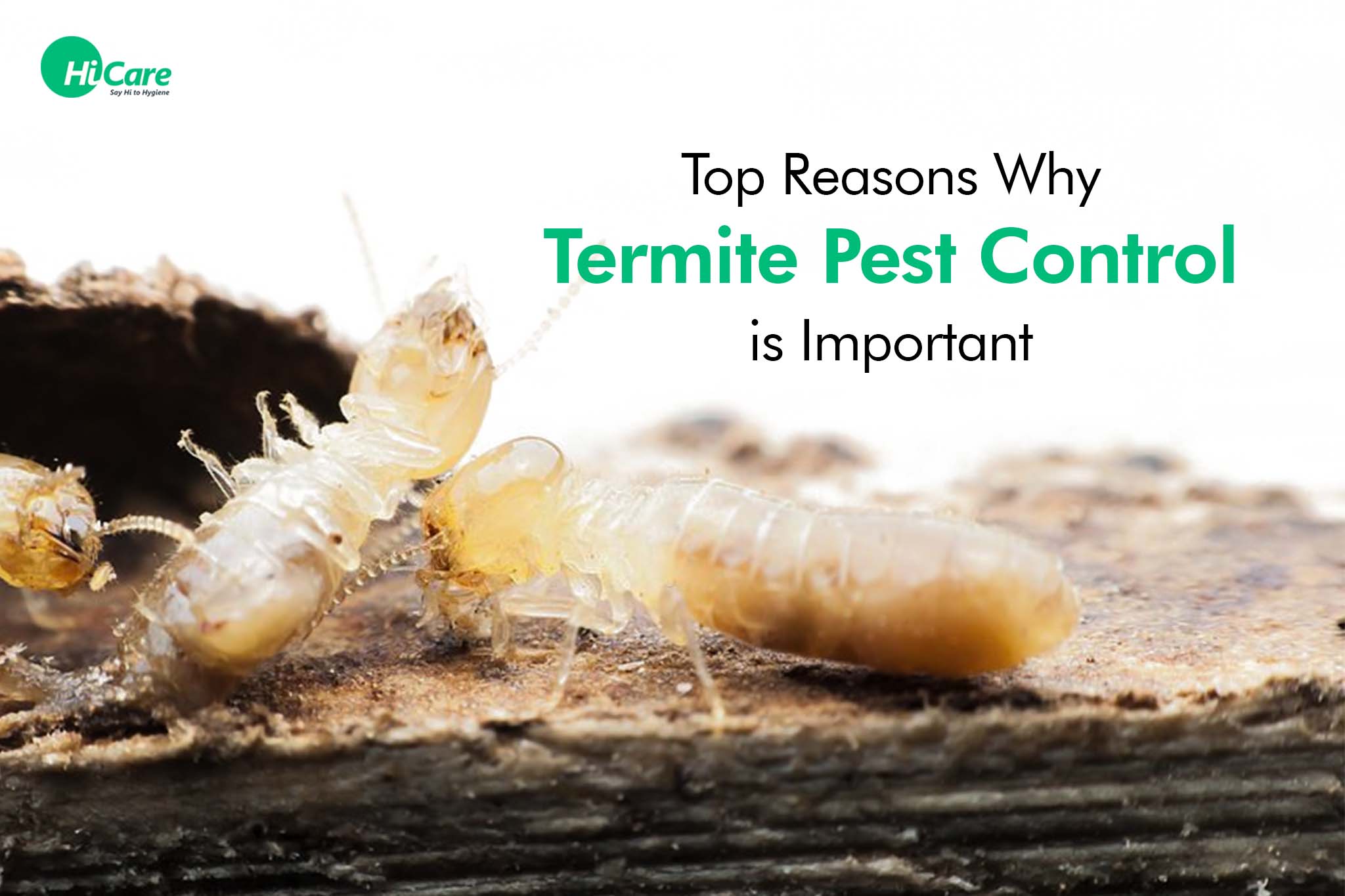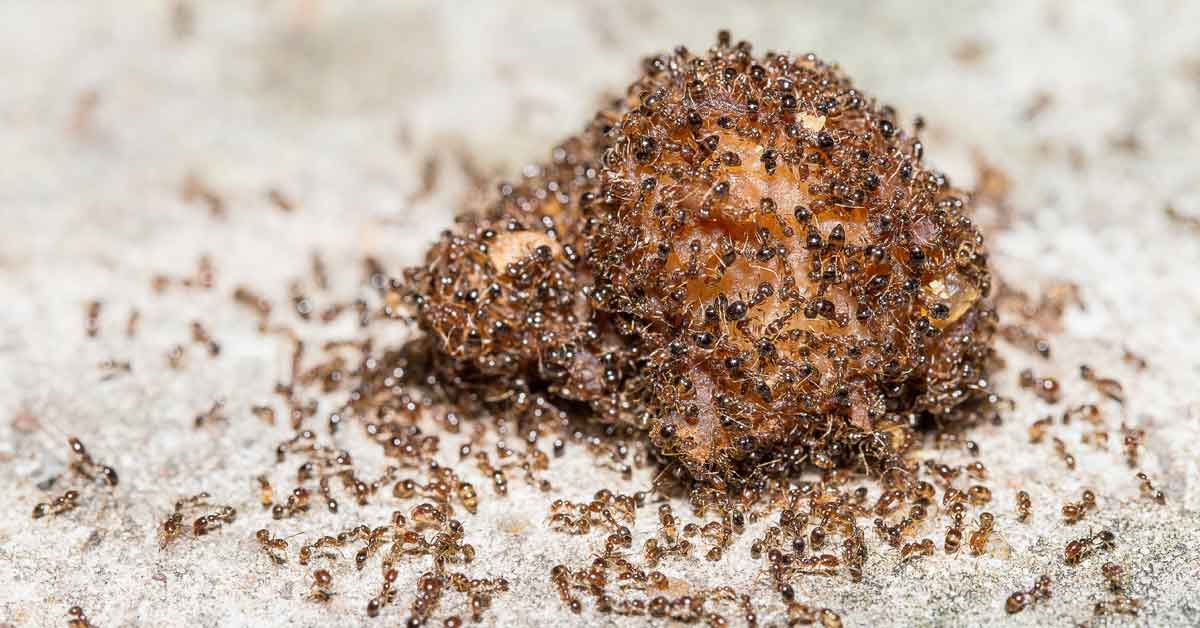Effective Ant Control: Specialist Services to Remove Ant Infestations
Effective Ant Control: Specialist Services to Remove Ant Infestations
Blog Article
Ecological Impact of Insect Control: Harmonizing Efficiency With Sustainability
The environmental effect of parasite control is a vital concern that calls for a fragile balance between accomplishing efficiency in taking care of bugs and making certain sustainability of our ecosystems. From the usage of hazardous chemicals that seep into our dirt and water to the unintended consequences on non-target varieties, the effects of conventional pest control practices are far-reaching.
Harmful Chemicals in Insect Control
The application of harmful chemicals in parasite control postures significant environmental and health threats that call for mindful consideration and mitigation approaches. Pesticides, herbicides, and chemicals are typically made use of to get rid of parasites, yet their widespread application can lead to unintentional effects. These chemicals can pollute dirt, water sources, and the air, influencing not only the targeted bugs yet also useful pests, wildlife, and people.

To resolve these risks, integrated pest monitoring (IPM) methods are being advertised as an extra sustainable choice. IPM involves a combination of approaches such as biological control, environment manipulation, and the targeted use pesticides as a last resource (ant control burlington nc). By taking on an all natural technique to pest control, we can lessen the environmental and health influences linked with unsafe chemicals while properly taking care of pest populaces
Effect on Non-Target Species
Taking into consideration the unexpected repercussions of bug control techniques, the influence on non-target varieties is an essential element that requires thorough evaluation. While bug control steps intend to target particular parasites, various other organisms in the ecological community might be inadvertently affected. Non-target species, consisting of beneficial bugs, birds, mammals, and even plants, can endure direct or indirect damage from pesticide applications or biological control approaches.
Pesticides can have dangerous or sub-lethal impacts on non-target types. For instance, insecticides made to battle a particular insect parasite might hurt pollinators like bees or all-natural predators such as ladybugs. Furthermore, chemical deposits can gather in the setting, affecting non-target microorganisms over time. Similarly, organic control representatives, otherwise species-specific, can posture risks to unexpected targets, interrupting the eco-friendly balance.
To mitigate the influence on non-target varieties, incorporated parasite monitoring (IPM) methods that stress an all natural strategy to pest control are advised. These approaches focus on making use of eco-friendly methods, reducing harm to valuable organisms while effectively managing pest populations. Performing detailed threat analyses and checking the end results of insect control efforts are important action in safeguarding non-target species and promoting overall ecological community wellness.
Dirt and Water Contamination
Unintentional ecological repercussions of pest control techniques expand beyond affecting non-target varieties, with significant effects for soil and water contamination - ant control. Pesticides, herbicides, and chemical plant foods made use of in insect control can leach right into the dirt and contaminate groundwater, positioning a hazard to both terrestrial and aquatic environments.
Water contamination is another important concern connected with pest control techniques. Drainage from farming fields treated with pesticides can bring these chemicals right into close-by water bodies, affecting aquatic organisms and water high quality. Impurities in water resources can have far-ranging effects, affecting not just marine life yet also human health and wellness via the intake of polluted water or water microorganisms. To minimize dirt and water contamination from parasite control tasks, incorporated parasite monitoring methods that prioritize sustainability and decrease chemical inputs are crucial.
Air Contamination From Pesticide Use
Exposure to airborne chemicals during agricultural applications postures a significant problem for air pollution control steps. Furthermore, chemical drift, where pesticides are carried by the wind to unexpected areas, can lead to the contamination of neighboring communities and water bodies.

Strategies for Sustainable Parasite Control
In the realm of agricultural methods, applying sustainable insect control methods is extremely important for preserving ecological balance and guarding plant yields. Sustainable insect control emphasizes making use of eco friendly methods to handle bug populaces effectively while reducing damage to non-target microorganisms and ecosystems. Integrated Insect Administration (IPM) is a commonly taken on technique that incorporates organic, cultural, physical, and chemical control methods to achieve long-term pest administration options.
One trick approach in sustainable insect control is promoting biodiversity within agroecosystems. By enhancing natural enemies of pests, such as predators and parasitoids, farmers can reduce the demand for artificial chemicals. Plant rotation and diversity are also efficient strategies to interfere with pest life process and produce less desirable problems for parasites to prosper. Furthermore, using pest-resistant plant selections and utilizing strategies like catch cropping can help reduce parasite stress without relying greatly on chemical treatments. Inevitably, site by incorporating these lasting bug control methods, farmers can accomplish a balance between pest monitoring efficiency and environmental stewardship.
Final Thought
In verdict, the environmental influence of insect control approaches should be thoroughly taken into consideration to balance efficiency with sustainability. Dangerous chemicals used in bug control can result in dirt and water contamination, air contamination, and harm non-target types - ant control. It is critical to implement sustainable parasite control strategies to lessen these adverse effects on the environment and advertise a healthier community for future generations
By taking on an all natural method to pest control, we can lessen the ecological and wellness influences linked with damaging chemicals while successfully taking care of pest populaces.

To alleviate the air pollution created by pesticide usage, it is important to embrace integrated bug management approaches that prioritize the usage of non-chemical pest control techniques, such as plant rotation, natural predators, and resistant crop ranges. Sustainable bug control highlights the usage of ecologically pleasant methods to handle parasite populations properly while reducing injury to non-target microorganisms and environments. Integrated Pest Administration (IPM) is a widely adopted approach that incorporates biological, cultural, physical, and chemical control approaches to attain long-term insect monitoring solutions.
Report this page